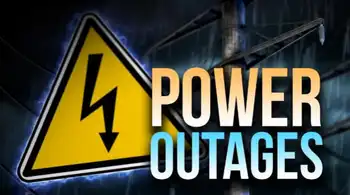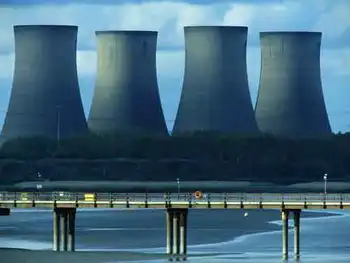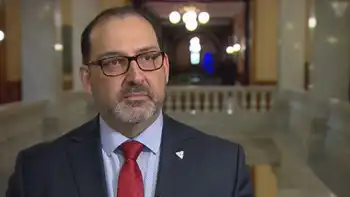Florida utility unveils grid enhancements and storm preparations
By Florida Power & Light Company
NFPA 70b Training - Electrical Maintenance
Our customized live online or in‑person group training can be delivered to your staff at your location.

- Live Online
- 12 hours Instructor-led
- Group Training Available
"A lot has changed since Hurricane Wilma struck our state 10 years ago," said Eric Silagy, president and CEO of FPL. "FPL has invested more than $2 billion to build a stronger, smarter grid to deliver electricity our customers can count on in good weather and bad. We continue to leverage new technology to enhance our storm response. Hurricanes are devastating forces of nature and power outages will occur however, the significant investments we've made in recent years have placed FPL in the best possible position to restore power to our customers faster following a storm."
This year, FPL is rolling out a new mobile command center, which allows the company to monitor and manage its network remotely, assess damage and assign restoration crews closer to the hardest hit areas – all within hours of a storm making landfall.
FPL also showcased a new mobile application that its restoration crews will use to assess damage following a storm – previously a manual task recorded on paper, now handled more quickly and efficiently with smart phones and tablets.
Since Hurricane Wilma, FPL has made significant technological changes to the electric grid to make it stronger and smarter, including:
- Strengthening more than 570 main power lines serving critical community facilities such as hospitals, police and fire stations and emergency communication systems
- Installing 4.8 million smart meters and 12,000 intelligent devices along the grid using cutting-edge technologies that help detect and restore service faster when outages occur
- Clearing vegetation – a major cause of power outages – from more than 120,000 miles of power lines
- Inspecting all power poles – more than 1.2 million – and upgrading or replacing those that no longer meet our standards for strength
Virtual Hurricane Falcon
During FPL's week-long storm drill, employees were called on to respond to Hurricane Falcon, a virtual Category 3 hurricane that made landfall in North Miami and exited the state in Naples as a Category 2 storm. The multi-day event focused on pre-positioning crews and coordinating post-landfall restoration efforts, testing the company's processes and employees' storm roles. The annual drill is part of FPL's year-round severe weather training.
Representatives from the Florida National Guard, and the U.S. Deputy Secretary of Energy, Dr. Elizabeth Sherwood-Randall, visited FPL's Command Center in Riviera Beach, Florida, to both observe and join in the storm simulation.
"The Florida National Guard, the Department of Emergency Management DEM, and Florida Power & Light are setting the standard where it concerns public-private partnerships, particularly where it involves responding to crisis events," said Major General Calhoun. "The Florida National Guard along with our lead state agency DEM are just beginning to understand the value of this unique cooperation. There is no question in my mind that our organizations will be better positioned to respond to an event such as a hurricane, allowing us to restore normalcy to the state of Florida as quickly and safely as possible."
"We were extremely pleased to have the Florida National Guard and Deputy Secretary Sherwood-Randall take part in our drill this week," said Silagy. "Together with the state and federal government and our utility partners, FPL stands ready to serve as a meaningful resource for our customers and to respond to whatever challenges Mother Nature delivers this hurricane season. We have a plan and we urge our customers to develop their storm plan, too."











